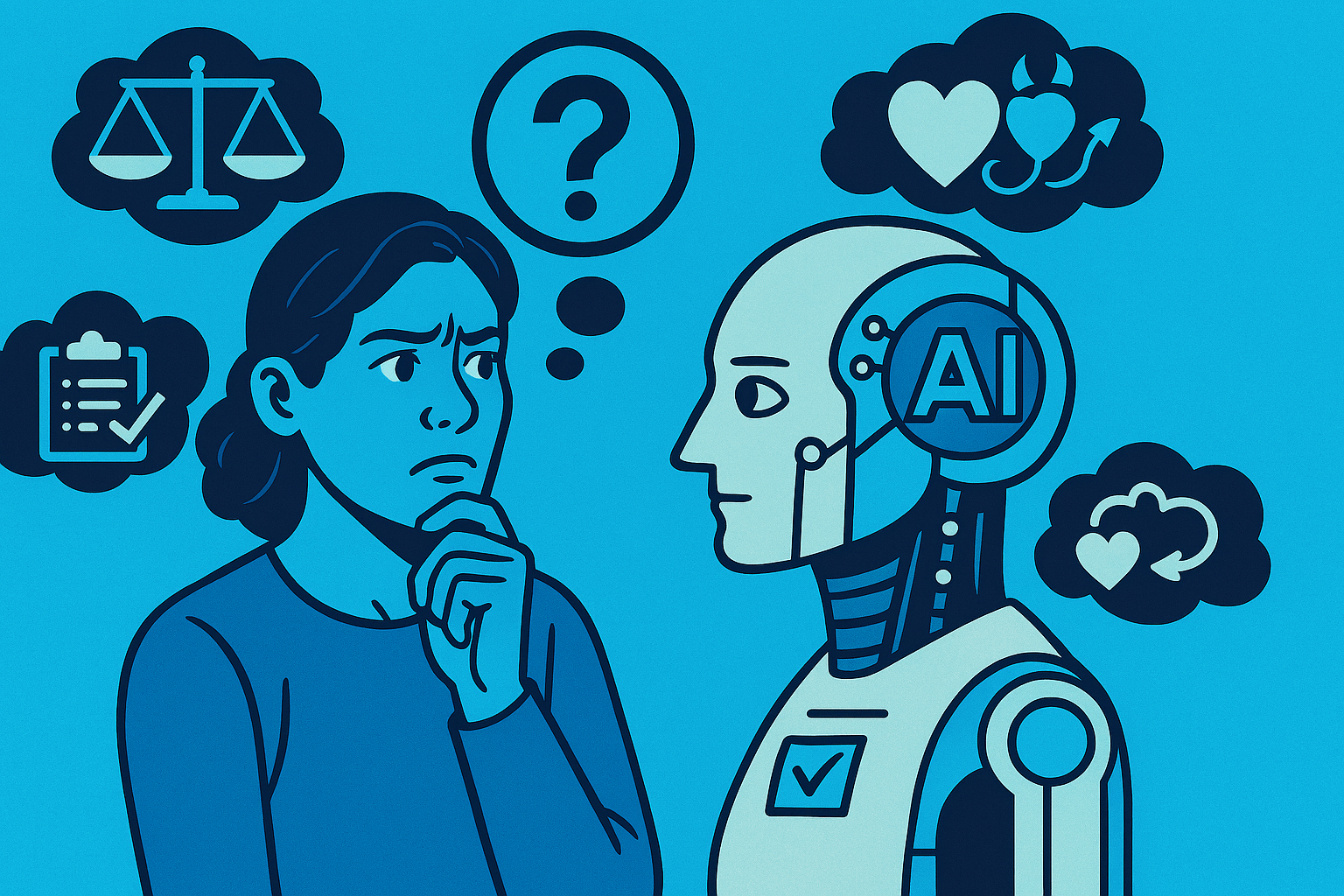The Future of Artificial Intelligence and Ethical Issues
As artificial intelligence becomes more powerful and present in our lives, fundamental questions arise about ethics, responsibility, and its impact on human society.
8/28/20251 min read


Innovation
Discover how AI transforms everyday life
Technology
Blog
suportevirtual@futurodigital.blog
© 2025. All rights reserved.
Other Pages
